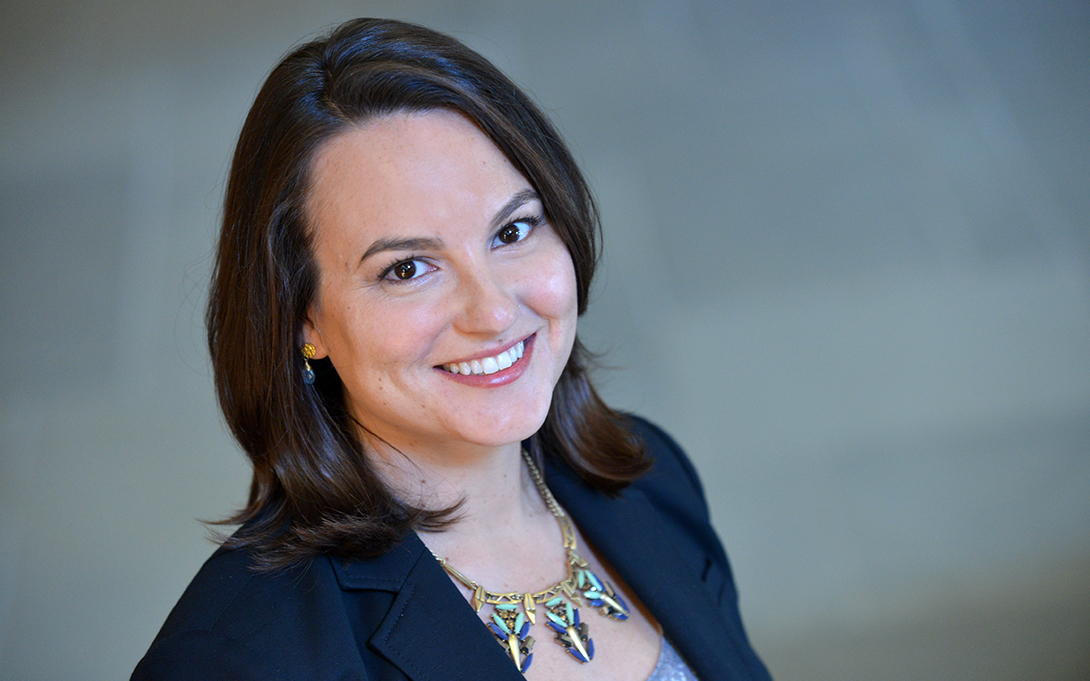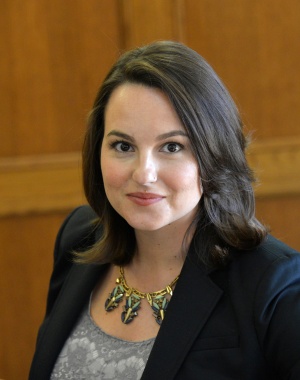
The current debate about federally-funded scientific research reflects an ongoing trend: What people think of the scientists who advise the federal government partially depends on their own political persuasion and where the scientists work. That is the conclusion of a paper co-authored by Ford School assistant professor Kaitlin Raimi. The paper, “Public perceptions of federal science advisory boards depend on their composition,“ was published in the Proceedings of the National Academies of Science, and highlights the risk of politicizing scientific advice given to government agencies.
The research was led by Caitlin Drummond, now a professor at Arizona State University, who completed the work when she was a postdoctoral researcher at the Erb Institute at U-M.
The study was sparked by a change in regulations at the United States Environmental Protection Agency (EPA) Science Advisory Board (SAB), which decreased the representation of academic scientists and increased the representation of industry scientists. The SAB provides expert advice to inform agency decision-making.
The survey experiment tested “how the U.S. public views the goals and legitimacy of the board as a function of its composition” Among the 900 respondents, SABs with a majority of industry scientists were seen to be more likely to promote business interests than SABs with a majority of academic scientists.
Political biases were evident: “Liberals were less likely than conservatives to perceive industry-majority SABs as promoting human health and the environment, and making unbiased and evidence-based decisions.”
On dimensions that reflect the EPA’s mandates, “academic-majority boards were generally evaluated most positively by all except the most conservative participants, whose judgments were relatively insensitive to SAB composition,” the study concludes, adding, “Our findings underscore the potential for politicization of scientific advice to the government.”
Other contributing authors to the paper include U-M’s Sara Goto Gray of the University of Michigan’s School for Environment and Sustainability, and former EPA science advisory board member Joseph Arvai of the University of Southern California and Robyn Wilson of Ohio State University.
The paper can be read here.
